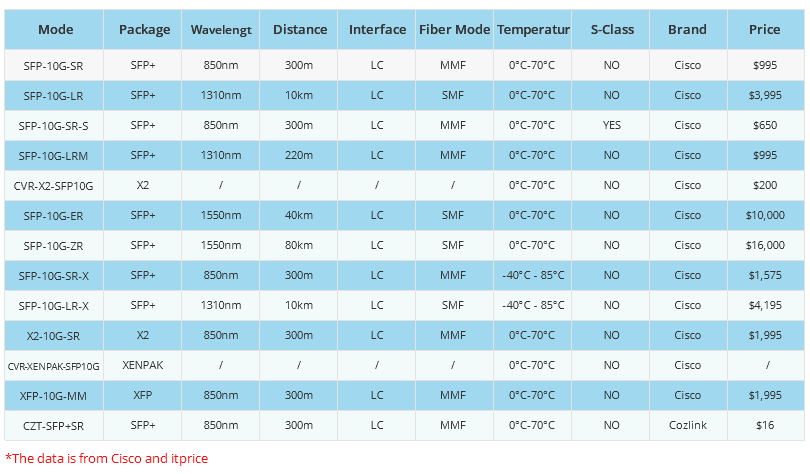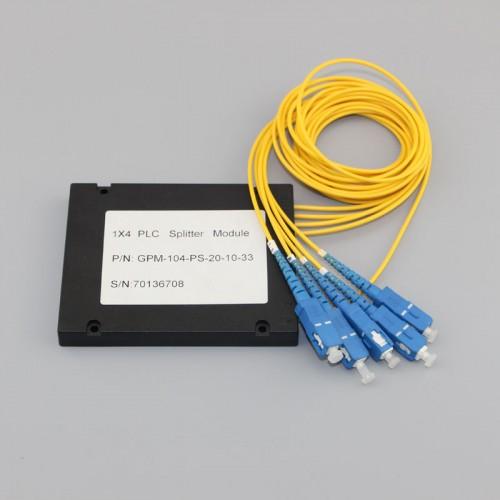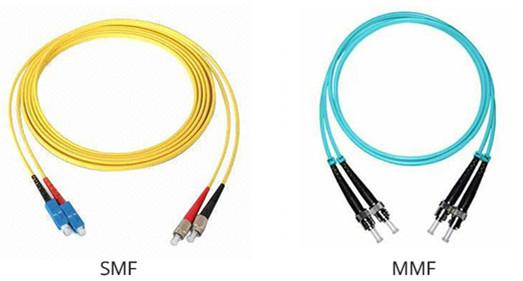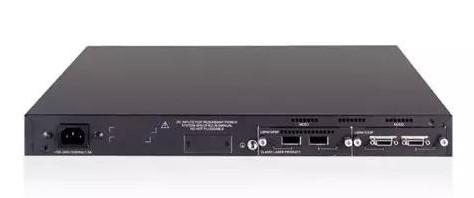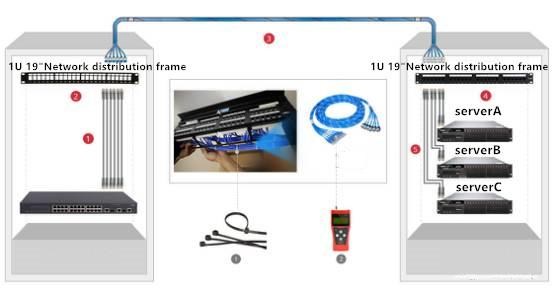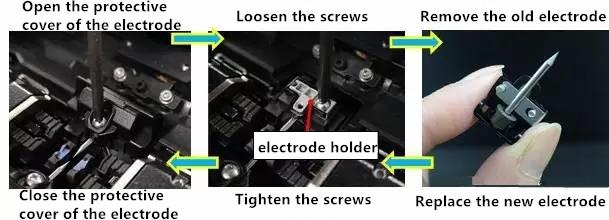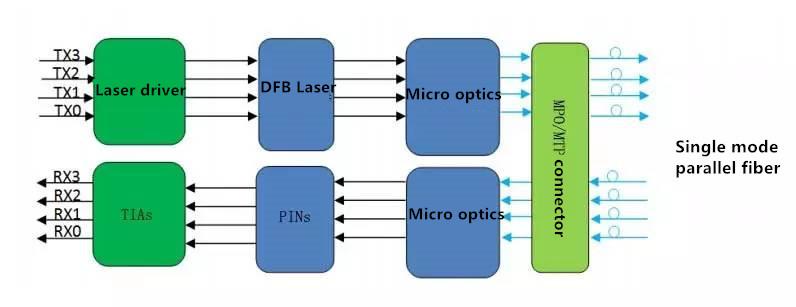- Related articles
- Optical Transceivers for Cisco SG350-10P-K9-UK Switch
- All Cisco DWDM-XFP-44.53's information (List price, Specs, Datasheet PDF, Compatibility ma
- Optical Transceivers for Cisco WS-C2960S-24PDL-RF Switch
- Optical Transceivers for Cisco DS-X9248-256K9= Switch
- What is Ethernet Port?
- Optical Transceivers for Cisco UCS-EP-MDS9148SL2 Switch
- Optical Transceivers for Cisco WS-C3650-48PD-S Switch
- The Difference between having a 2-port Network Card and 2 Network Cards
- Cisco Optical Module Decryption Method
- Optical Transceivers for Cisco WS-C3560V2-24TS-S Switch

Network interface card referred to as network card (NIC). It is an indispensable basic device in a computer network that provides physical connectivity for data communication between computers. Each computer must be installed once the network access network card. After many years of development, NIC has become mature. In view of so many types of NIC on the current market, and there are large differences in performance, so it is necessary to classify them in order to better understand the NIC.
Whereas network controllers used to operate on expansion cards that plugged into a computer bus, the low cost and ubiquity of the Ethernet standard means that most new computers have a network interface built into the motherboard. Newer server motherboards may even have dual network interfaces built-in. The Ethernet capabilities are either integrated into the motherboard chipset or implemented via a low-cost dedicated Ethernet chip, connected through the PCI (or the newer PCI Express) bus. A separate network card is not required unless additional interfaces are needed or some other type of network is used.
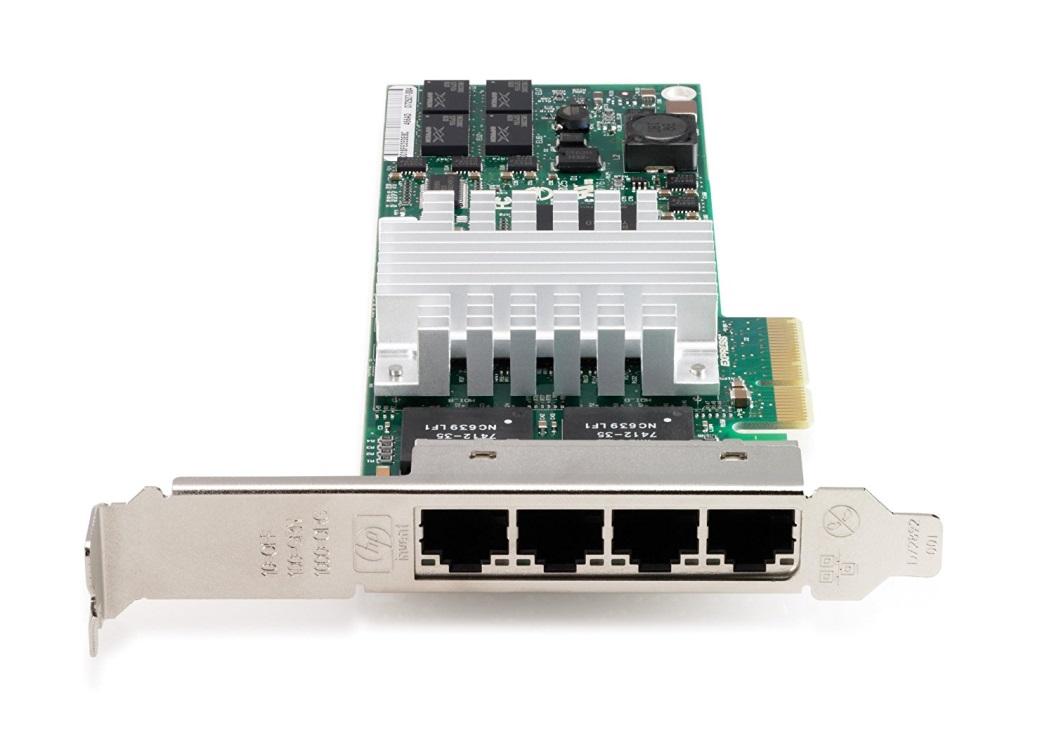
Quad Port Network Card
4 Port pci Network Card
Summary













































